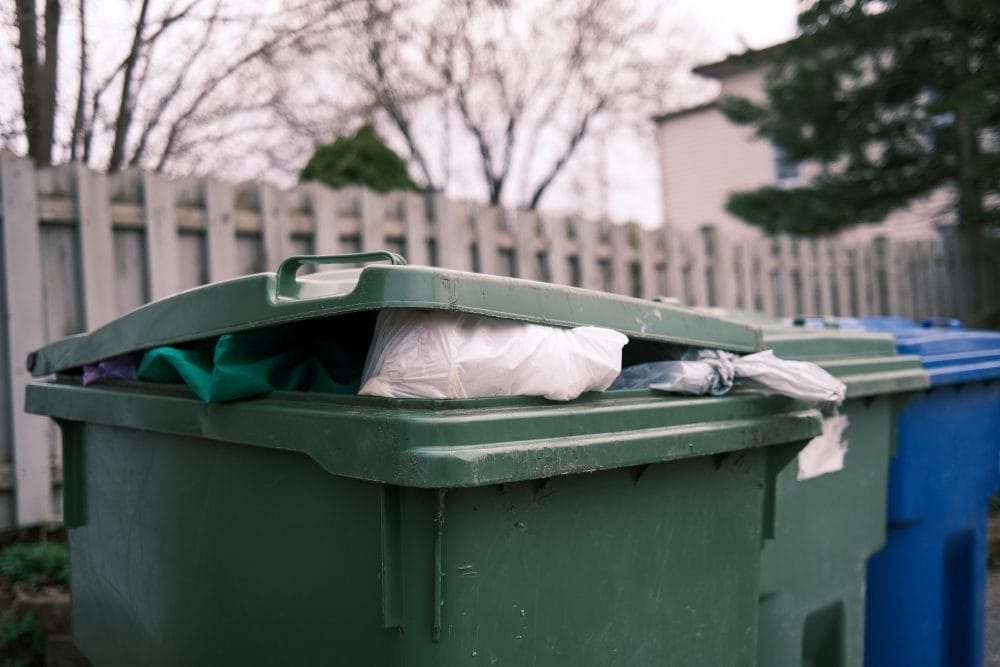What seemed like a harmless oversight spiraled into a homeowner’s nightmare. One trash bin, left out a day too long, caught the eye of the local homeowners association. A fine followed—small, almost laughable at first.
But what the homeowner didn’t realize was how fast that fine could escalate. Within months, that minor fee morphed into a legal threat against the property itself.
The Power HOAs Hold Over Homeowners
Homeowners associations (HOAs) operate with real legal power, often underestimated by residents. When homeowners agree to live in a managed community, they’re also agreeing to follow its strict rules and regulations. These covenants, conditions, and restrictions (CC&Rs) are legally binding. If violated, the HOA can impose fines, restrict access to amenities, and even place liens on the property. The enforcement mechanisms vary, but most give the HOA wide latitude to act swiftly.
When Fines Stack and Silence Makes It Worse
Many homeowners ignore the initial notices, thinking it’s no big deal or assuming they can argue later. But HOAs tend to be less forgiving when deadlines are missed and communication is absent. Each missed payment often comes with interest, administrative fees, and penalties. The original $25 or $50 fine can snowball into hundreds of dollars shockingly fast. Delays in response usually just fuel the fire, especially if the HOA believes the homeowner is being negligent.
The Moment the HOA Goes Legal
Once fines reach a certain threshold—or the HOA gets tired of waiting—they may shift gears. Legal action often begins with a formal notice of intent to lien, which puts the homeowner on alert. From there, the HOA can file the lien with the county, making it official and public. A lien on the property can prevent refinancing, halt a sale, and damage credit. Even worse, in some jurisdictions, it can be the first step toward foreclosure.
The Cost of Fighting the HOA Machine
Challenging an HOA in court is rarely easy or cheap. Legal fees can climb quickly, and even if a homeowner wins, the financial toll may still be steep. Most HOAs have insurance or legal funds specifically for handling disputes, which gives them a resource advantage. Homeowners, on the other hand, often pay out of pocket or through personal legal representation. That imbalance makes many people settle—sometimes unfairly—just to avoid a longer battle.
Lack of Transparency Fuels the Fire
Homeowners often complain that HOAs aren’t clear about fines or the escalation process. Some associations fail to provide proper documentation, making it hard for residents to track what they owe. In other cases, fines are enforced inconsistently, leading to confusion and accusations of favoritism. When transparency is missing, trust quickly erodes between the board and the community. That breakdown only increases the chance of conflict and legal escalation.
Trash Bins and the Bigger Picture
While a trash bin left out may seem trivial, it represents a deeper issue about control and governance. HOAs were created to maintain community standards, but rigid enforcement can create hostility. A rule meant to keep neighborhoods tidy shouldn’t end in threats against someone’s home. When rules become traps rather than guidelines, the entire purpose of the HOA comes into question. It’s a reminder that even minor missteps can trigger major consequences in managed communities.
Communication is the Key to Avoiding Disaster
Most HOA conflicts can be defused early through open, timely communication. Responding quickly to a fine or notice—even if it seems unfair—keeps things from escalating. Asking for a hearing or clarification shows the board that the homeowner is engaged. It also creates a paper trail that can help later if things turn legal. Staying proactive is usually far cheaper and easier than trying to undo the damage after the fact.
Knowing Your Rights as a Homeowner
Every homeowner should read their HOA’s bylaws and CC&Rs thoroughly. These documents outline exactly what the HOA can and can’t do, including how fines must be handled. In many states, HOAs are required by law to offer mediation or give proper notice before filing a lien. Knowing these rights helps homeowners push back if something seems off. Education is the best defense against arbitrary or excessive enforcement.
Reforming the System for Fairer Practices
There’s growing momentum in many states to rein in aggressive HOA practices. Lawmakers are pushing for clearer guidelines, better notice requirements, and caps on how fast fines can accrue. Some are even limiting HOAs’ ability to foreclose over small debts. These changes aim to protect homeowners from disproportionate penalties over minor issues. Until then, residents need to stay informed and vigilant about their responsibilities—and their risks.
The Homeowner’s Wake-Up Call
This story isn’t just about trash bins; it’s about the fragile balance between order and overreach. When small mistakes carry massive consequences, something is clearly out of balance. HOAs have a job to do, but unchecked power can turn community living into a legal battlefield. For homeowners, awareness and engagement are the best weapons. Otherwise, a forgotten bin might be the first domino in a very expensive chain reaction.
When Clean-Up Costs More Than Trash
HOAs are meant to keep communities clean and cohesive—but when enforcement turns punitive, the system fails everyone. A simple oversight shouldn’t threaten homeownership. That’s why understanding how HOAs work, staying involved, and responding early to issues is essential. Residents need to hold their boards accountable and know their legal footing.
Have you had a run-in with your HOA? Share your thoughts or drop a comment below—this is a conversation every homeowner should be having.
Read More
How This Simple Home Upgrade Could Invite a Lawsuit
Why Saying “We’re Out of Town” in a Group Text Can Void Your Home Insurance







